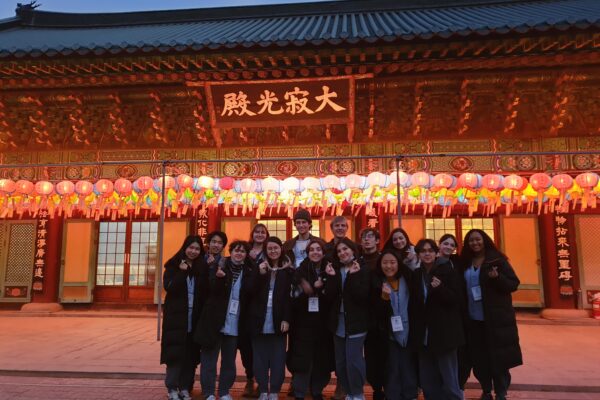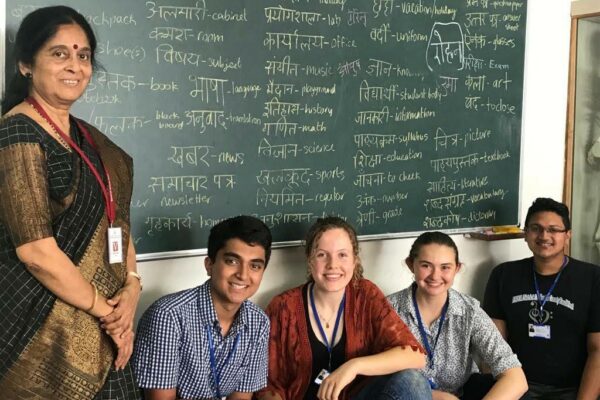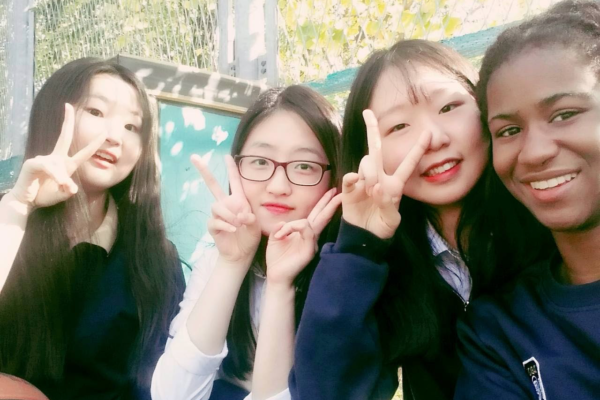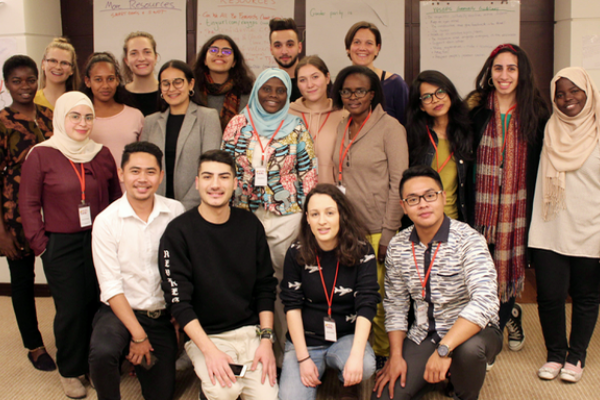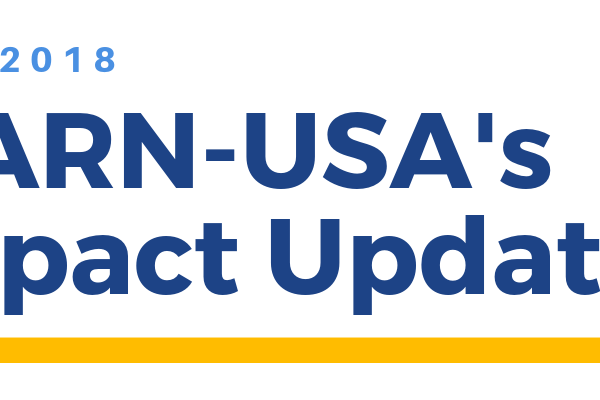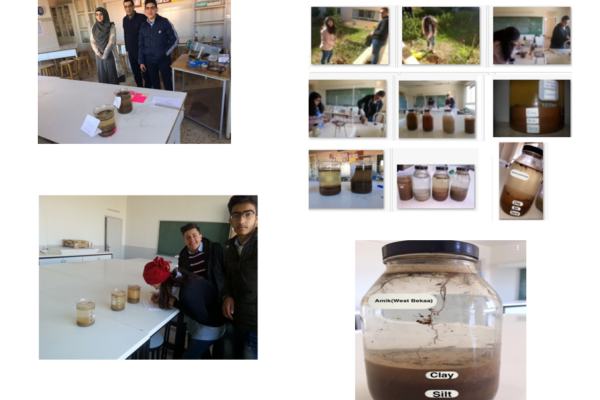Programs
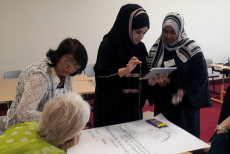
Chris Stevens Youth Network
The International Education and Resource Network (iEARN), a leader in online collaborative project-based learning, announces the launch of the Global Connections 2.0 program for teachers and students from the United States and 19 countries from the Middle East and North Africa. This virtual exchange program, designed and funded by the U.S. Department of State’s Bureau of Educational and Cultural Affairs, focuses on developing leadership and technology skills for teachers and youth to explore global issues through online, project-based collaboration.
Through Global Connections 2.0, teachers and students in the Middle East and North Africa will expand their computer literacy skills, gain a deeper understanding of other countries’ cultures, and develop their leadership skills, giving them tools to make a difference in their home communities. iEARN will work with U.S. Embassies in the region to identify and select schools for participation in the program.
"This reciprocal exchange will enrich our students’ lives through globally minded leadership development,” noted Kahraman Arafa, iEARN-Palestine Coordinator. “Our educators and youth will benefit from the opportunity to exchange ideas around youth empowerment and free expression with partner educators and youth in the United States and other countries.”
As part of the project, iEARN will collaborate with the Buck Institute for Education to develop cutting-edge tools and resources in Arabic and English to facilitate teachers’ use of Project Based Learning around global themes. In fostering digital dialogue, the Global Connections 2.0 program will provide professional development opportunities to 300 teachers including trainings, online courses, and a master trainer workshop at the 2013 iEARN Annual Conference in Doha, Qatar.
Global Connections 2.0 builds on Secretary of State Hillary Rodham Clinton’s 21st century statecraft policy, leveraging technology to create connections among Americans and their counterparts in the Middle East and North Africa.
Since 2000, the State Department’s Global Connections and Exchange (GCE) Program has supported collaboration and online linkages among students, educators, and community youth leaders from U.S. and overseas secondary schools and youth organizations. Virtual exchange offers meaningful cross-cultural exchange opportunities to students otherwise unable to participate in physical study abroad programs.
To learn more about the next round of online courses (starting in February) and how to get started in CSYN, submit a statement of interest form online.

